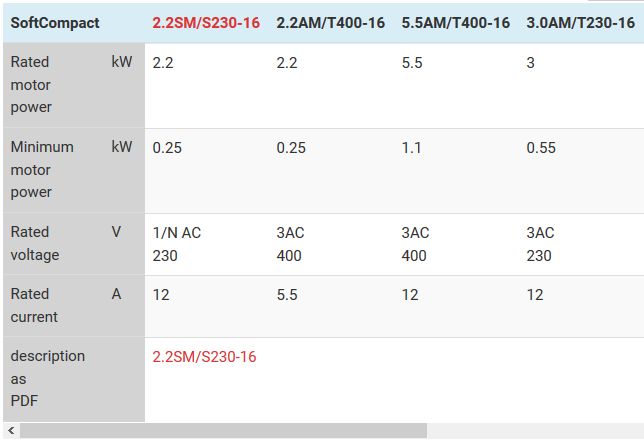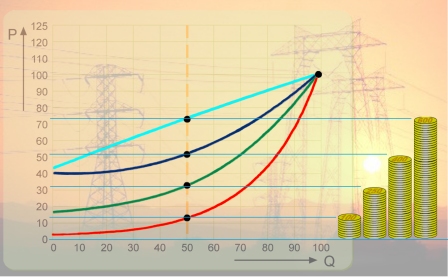
Voltage controllers – overview
How does a voltage controller work?
A voltage controller is similar in function to a soft starter.
In difference to the soft starter, which always increases the motor voltage up to the nominal voltage, the voltage controller remains in the partially or fully modulated range, depending on the specified setpoint. This allows the user to adjust the motor torque over a wide range.
It can also be used as a power controller for electric heaters.

The use of voltage controllers
Voltage controllers are used to control electric heaters, fans, and lighting.
They also find their use in capacitor motors, torque motors or external rotor motors.

Single-phase voltage controllers
1.5 – 18 A
LEKTROMIK® K3
Features
- AC 230 V
- Single-phase control
- Mounting on 35 mm DIN rail
- Compact unit
- Minimum and maximum voltage separately adjustable
Applications
- Electrical heating equipment
- Fan control
- Applications with single-phase capacitor motors
- Lighting control

Three-phase voltage controllers
6 A
KIMODUL® DLS
Features
- 3AC 400 V
- 3-phase control
- Mounting on 35 mm DIN rail
- Minimum and maximum voltage separately adjustable
- EMC filter for use in residential areas available
Applications
- Electrical heating equipment
- Fan control
- Lighting control
- Torque controller for torque motors e.g. with winding drives
- Motors with external rotor

 All KIMO® voltage controllers in an overview
All KIMO® voltage controllers in an overview